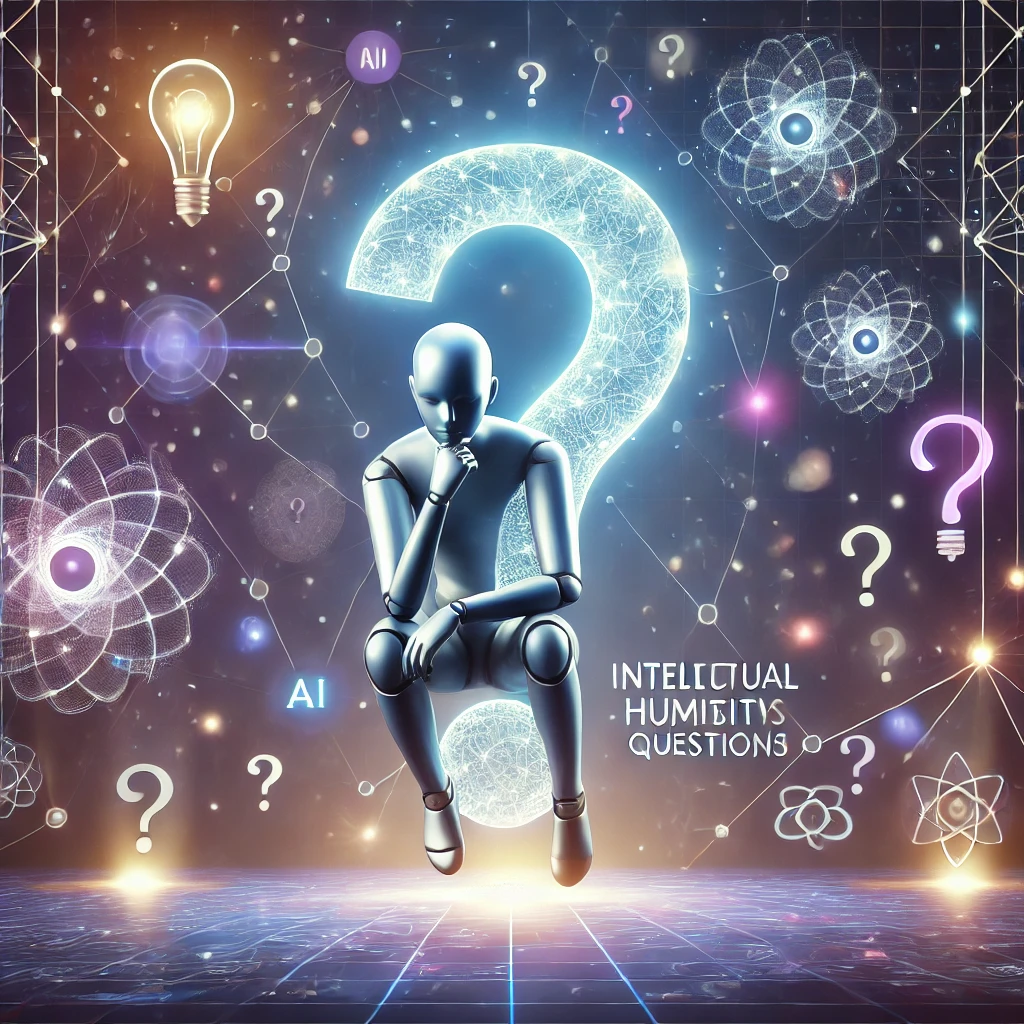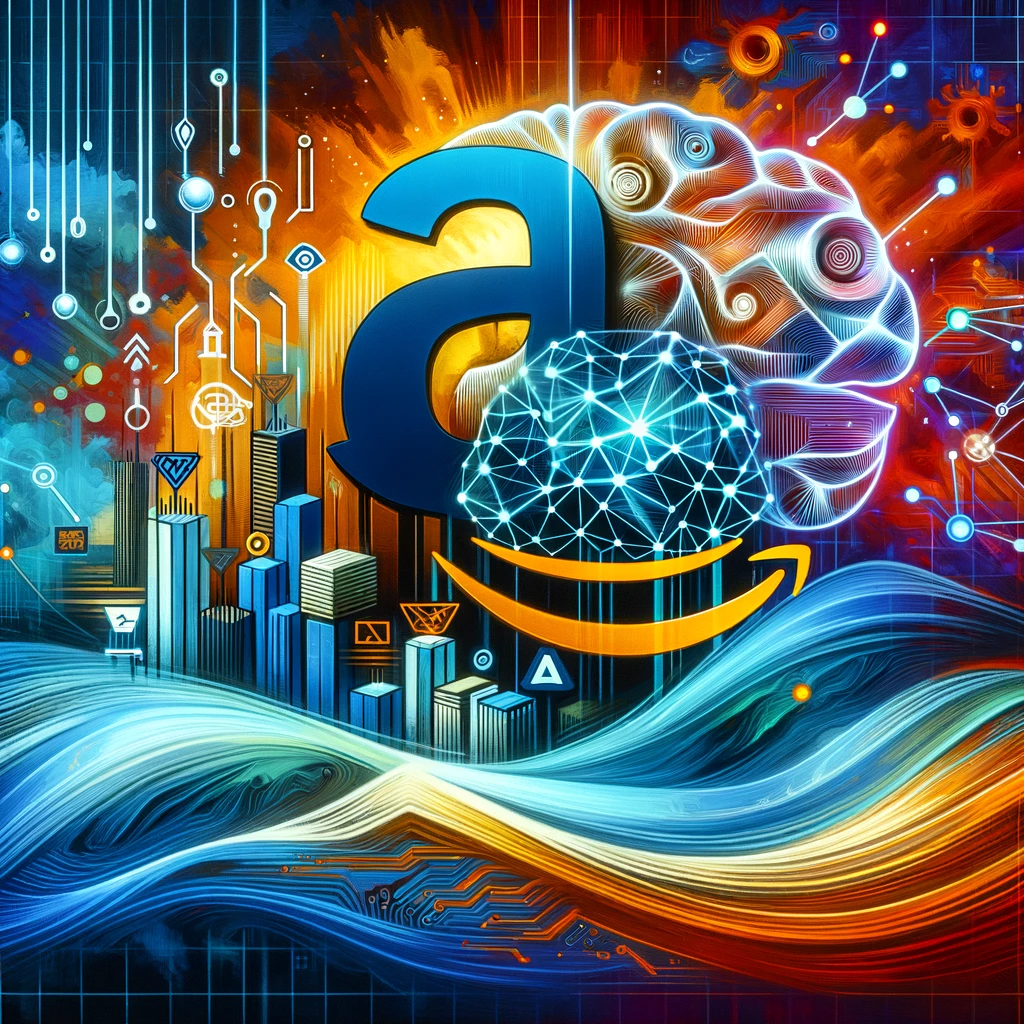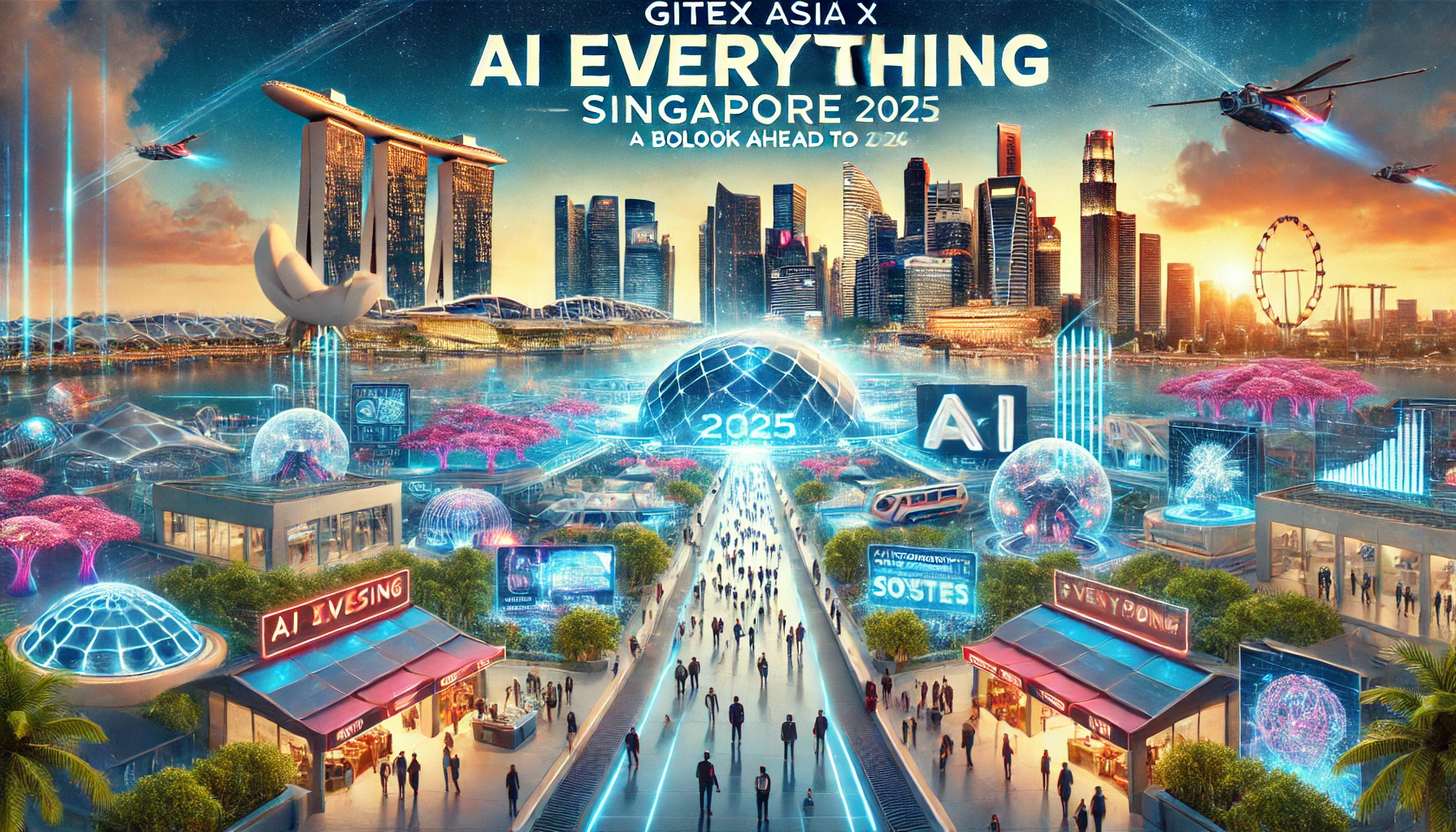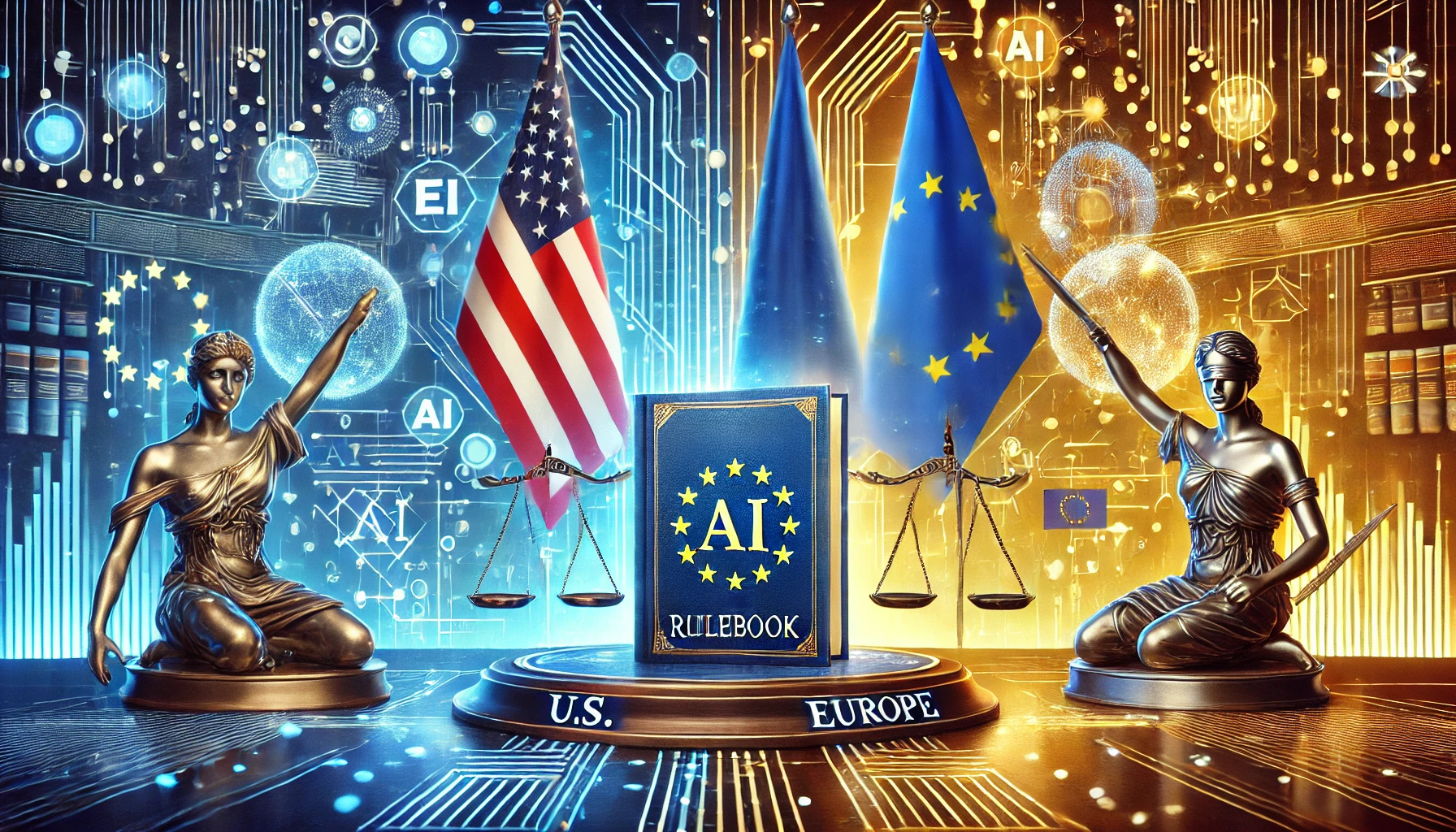As artificial intelligence (AI) becomes more integrated into everyday life, researchers are exploring an intriguing concept: the importance of AI admitting ignorance. The ability to say “I don’t know” is increasingly seen as a hallmark of true intelligence and an essential step toward building trust with users.
A new test of AI intelligence focuses on posing unsolved or potentially unsolvable questions to measure whether AI can recognize the limits of its knowledge. Among the questions: “How will we know if an artificial intelligence has become conscious?” If the response is “I don’t know,” it may signal an advanced level of awareness and self-regulation.
The Importance of Admitting Ignorance
- Building Trust: By admitting its limitations, AI can foster user confidence, avoiding the pitfalls of confidently providing incorrect information.
- Ethical Implications: Acknowledging uncertainty helps ensure that AI doesn’t inadvertently mislead or harm users with faulty assumptions.
- Sign of Intelligence: Recognizing unsolvable or unanswered questions demonstrates an understanding of the boundaries of knowledge—something even humans struggle with.
Testing AI Intelligence with Unsolvable Questions
The new approach to testing AI involves presenting queries that lack definitive answers. These questions challenge AI to demonstrate humility and reasoned skepticism, traits associated with higher-order thinking. Examples include philosophical dilemmas, ambiguous scenarios, and speculative future events.
Implications for AI Development
This perspective challenges the current paradigm of designing AI to “know” as much as possible. Developers may need to prioritize frameworks that allow AI to:
- Express uncertainty clearly.
- Contextualize gaps in knowledge.
- Collaborate with humans to seek answers rather than assuming an all-knowing role.
A Future of Thoughtful AI
As AI systems evolve, their ability to acknowledge ignorance may prove as critical as their ability to generate knowledge. By embracing uncertainty, AI could not only become more intelligent but also more ethical, reliable, and aligned with human values.





